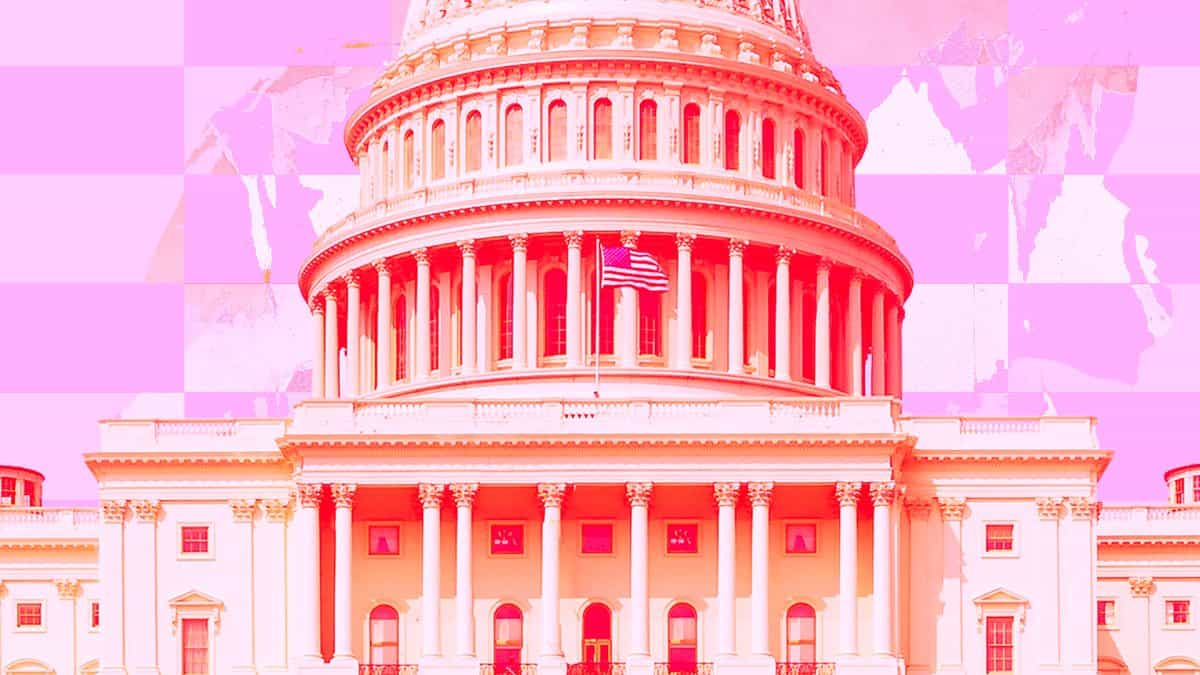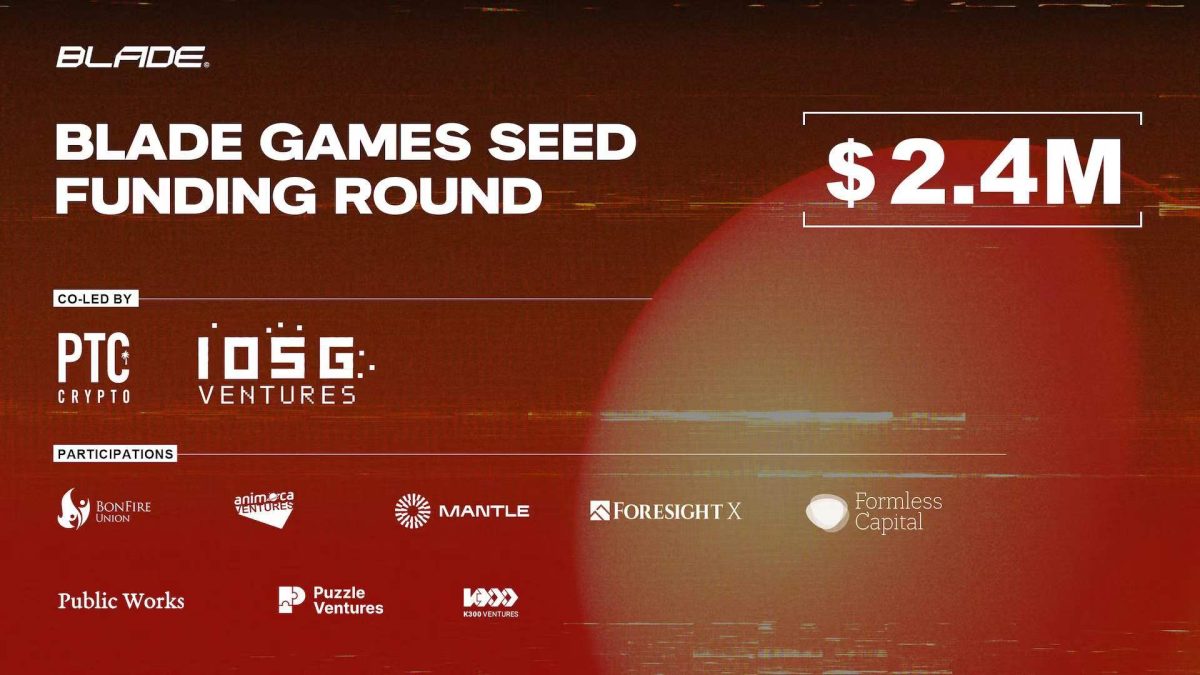Lawmakers call on DOJ to consider charges against Binance, further investigate Tether over possible involvement in illicit finance

Quick Take
- Sen. Cynthia Lummis, R-Wyo., and Rep. French Hill, R-Ark., asked the Justice Department in a letter on Thursday to “carefully evaluate the extent to which Binance and Tether are providing material support and resources to support terrorism through violations of applicable sanctions laws and the Bank Secrecy Act.”

Republican lawmakers urged the U.S. Department of Justice to figure out the extent to which Binance and Tether  USDT
+0.19%
might be supporting terrorism funding following attacks on Israel.
USDT
+0.19%
might be supporting terrorism funding following attacks on Israel.
Sen. Cynthia Lummis, R-Wyo., and Rep. French Hill, R-Ark., asked the Justice Department in a letter on Thursday to "carefully evaluate the extent to which Binance and Tether are providing material support and resources to support terrorism through violations of applicable sanctions laws and the Bank Secrecy Act."
"To that end, we strongly support swift action by the Department of Justice against Binance and Tether to choke off sources of funding to the terrorists currently targeting Israel," the lawmakers wrote.
The lawmakers specifically asked Attorney General Merrick Garland to "to reach a charging decision on Binance that reflects their level of culpability and expeditiously conclude your investigations into the ongoing illicit activities involving Tether."
In the crosshairs
Both Tether and Binance have been in regulators' crosshairs over the past year. The Commodity Futures Trading Commission sued Binance and its CEO Changpeng "CZ" Zhao for allegedly violating federal laws. In the CFTC's complaint, the regulator said the exchange had a lax approach to compliance.
Tether was fined by the CFTC in 2021 over its backing of its stablecoin USDT. Tether recently froze 32 addresses controlled by Hamas and Russian-linked entities in Israel and Ukraine, the lawmakers said, citing a report from the Financial Times.
"It is well-known that Tether is knowingly facilitating violations of applicable sanctions laws and the Bank Secrecy Act by failing to conduct adequate customer due diligence and screenings despite being aware that its product is used to facilitate terrorism and other illicit activities," Lummis and Hill said.
Both Hill and Lummis have been friendly toward crypto and said in their letter that crypto and distributed ledger technology can "drive responsible innovation."
"Many crypto asset intermediaries seek to comply with U.S. sanctions and money laundering laws, correctly viewing the regulations as necessary to unlock the promise of crypto assets and distributed ledger technology," they said.
Tether responds
Tether fought against the allegations in a statement provided to The Block. "Our stringent verification processes, continuous monitoring mechanisms, and collaborative approach with global law enforcement agencies affirm our unyielding commitment to deter and counteract illicit activities. There is simply no evidence that Tether has violated Sanctions laws or the Bank Secrecy Act through inadequate customer due diligence or screening practices," it said.
The company added that it has worked with 31 law agencies across 19 jurisdictions to curb malicious activity, including freezing 32 addresses in collaboration with Israeli law enforcement. "This is a drop in the ocean compared to cash and traditional financial industry yet Tether has remained vigilant and taken all necessary action to curb such illicit activity," it said.
Binance did not immediately respond to requests for comment from The Block.
Updated with comment from Tether.
© 2023 The Block. All Rights Reserved. This article is provided for informational purposes only. It is not offered or intended to be used as legal, tax, investment, financial, or other advice.



